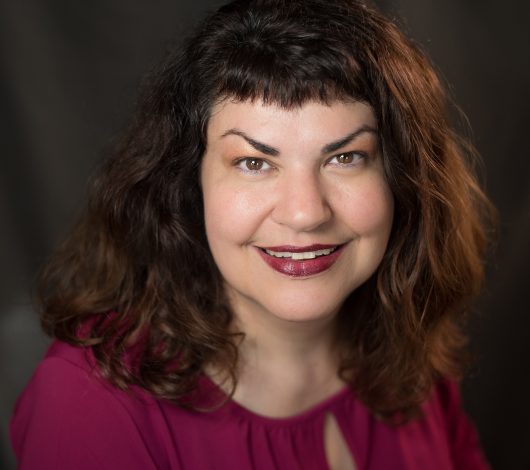Pastoral Care
Pastoral Care takes many forms in a congregation and in community organizations. Teaching and leading lay leaders to be listeners to their storytellers has offered me deep learning in how to not just be a empathetic pastor, but how to help others to minister in their communities. Working with four Lay Pastoral teams has given me a chance to view numerous systems for lay leaders to pastor one another. Likewise, bringing topics like listening skills, boundaries, or how to be anti-racist in our pastoral care keeps me and teams I have led at the ready to deal with community tragedy and life’s disappointments.
In winter of 2021-2022, I authored the resource guide for the Meadville Lombard Theological School’s Fahs Collaborative in their Beloved Conversations Among program, to teach congregations advancing their anti-racist journey how to deliver anti-racist, anti-oppression methods for pastoral care and theological development that is interdependent. This deepening work provides an opportunity for teams that work with me to look at the ministry they deliver and determine who it is aimed at. Then they can change methods and messages to widen the circle of care to include more identities, cultures, races, classes and ages.
Pastoral presence includes the many life events I accompany people through. Not only do I have over 800 clinical hours (Two Units) of chaplaincy experience, I have bared witness to tragic death, debilitating fear, depression, crisis of faith, job loss, marriage loss, abuse of all sorts, loss of homes, and numerous journeys through hurt from faith of origin. I like to meet people in need of pastoral support where they are – that might mean we meet in person, we might talk after service, we might text. I find the more flexible I am about this, the more I am able to meet the congregation I serve in all the diversity they bring.
My site supervisor when I was chaplaining at Planned Parenthood described my work with a diverse staff and with diverse patients as, “Exceptional. You were nonjudgmental, and offered empathy, kindness and respect.” She also stated how I, “Quickly understood the flow of the work of the clinic and were flexible in how and when you offered support.”
That sums me up well. I observe. I ask questions. I offer support. I aim to help others find their own way when I offer resources, support and clear boundaries.
Last, I have additional training in all options pregnancy counseling. I also have accompanied all genders through abortions.
Gina Quinn:
During a time when my sister, a Eucharistic Minister, was suffering from an addiction, Rev. Denise comforted me. She strengthened my resolve to help in an appropriate manner and not enable. Rev. Denise’s understanding of the 12 steps and her ministerial pastoral care was invaluable help. We got my sister into the right treatment center.
I regularly attended Tea with Rev. Denise. Our group discussions she led allowed us to continue discussions stimulated by sermon topics, center ourselves through stressful current events and the chance to share deeply about our visions for growth personally and in our church, because she created a safe environment. They helped me stretch.
We discussed topics like inclusive language, the importance of using pronouns and Welcoming Congregation programs like “Uncomfortable Conversations with a Black Man.” I have gained trust in those setting to share my true feelings. Attending Welcoming Congregation Committee meetings to maintain our pillars is important to me. Rev. Denise’s ministerial support for bringing all diverse people from the margins to the center of our church was refreshing.


